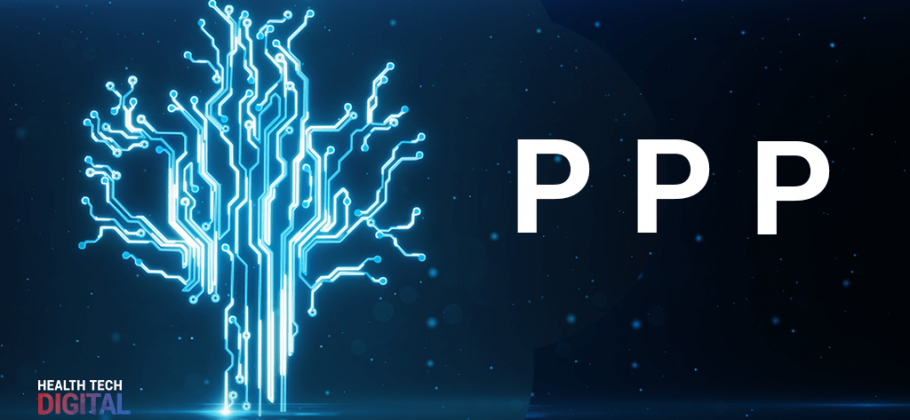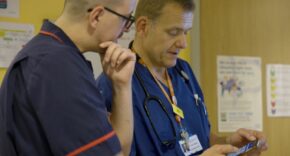Health technology utilises personalisation and prediction to prevent serious illnesses.
The Health Secretary, Matt Hancock, is known for his love of technology. Furthermore, his focus on technology in healthcare is driving significant changes in the NHS. Matt Hancock believes that if healthcare has the right tools, then the NHS can improve lives through improving health. The Health Secretary believes there are three Ps that make up successful health technology.
What Are The Three Ps Of Digital Healthcare?
- Personalisation
With the rise of intelligent algorithms, digital services offer incredible customisation. For example, Amazon and Netflix will make recommendations based on past behaviour. This personalisation helps people to make the best choice from tailored and targeted services. Furthermore, this allows people to feel and be treated as an individual.
In relation to personalisation in healthcare, research shows that 80% of those aged 16-24 want an app to access health services. This would enable people to enjoy better outcomes through what is best for their needs, not the needs of the whole population.
Matt Hancock believes the NHS must focus on prevention through personalised technology that helps people take better care of themselves.
- Predictive Prevention
In a research centre in Cambridge, scientists have a target of sequencing 5 million genomes. Once complete, this will enable experts to predict who is vulnerable to certain diseases and illnesses and how to prevent them or treat them to ensure the best recovery chances.
Other examples of predictive prevention include the digital pill which enables medics to see when a pill passes through a patient’s system. This becomes crucial for those who rely on taking their medication such as for the treatment of schizophrenia.
In the future, experts predict that more and more patients will diagnose themselves using medical sensors on their smartphones. Alongside this, doctors will also benefit from digital devices that will ensure they treat patients with precision.
Already, the NHS is developing their health check services to spot the early signs of serious diseases such as a stroke or dementia and offering targeting advice to reduce the risk factors and focus on prevention rather than the cure.
- Personal Responsibility
In the UK, over 50% of individuals have ‘googled’ their symptoms or have searched online for health information. This shows how people are interested and want to take personal responsibility for their own health and symptoms.
While the NHS remains free and available for citizens to use, Matt Hancock asks that people consider using the NHS carefully. To ensure it is available for future generations, people need to have a responsibility to look after themselves, comply with medical advice and have consideration for others.
With the right technology available, it enables people to take full responsibility of managing their own health which focuses on prevention of illnesses and, in turn, it can build a more sustainable healthcare system for everyone.
Article source: GOV.UK













